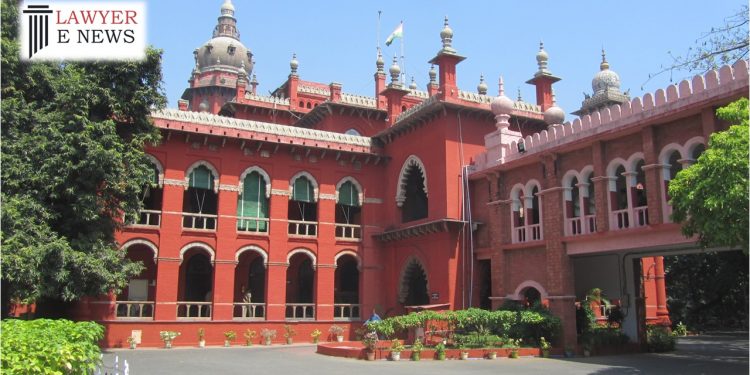-
by Admin
16 February 2026 5:45 AM



In a significant judgment, the Madras High Court set aside the conviction of the appellant in a case involving allegations of kidnapping and sexual assault of a minor under Section 366 of the Indian Penal Code and Section 9(m) r/w 10 of the POCSO Act. The Court underscored the importance of credible evidence and the necessity for the prosecution to prove the case beyond reasonable doubt.
The case involved allegations that the appellant kidnapped an 8-year-old girl and committed sexual assault. The appellant was convicted by the trial court. The appeal raised questions about the credibility of the child victim's testimony, the presence of the appellant at the crime scene, and the plausibility of the alleged events during the COVID-19 lockdown.
Child Witness Credibility: The Court carefully examined the child victim's testimony, acknowledging the potential for tutoring and influence. The Court referred to various Supreme Court judgments emphasizing the need for corroborative evidence in cases involving child witnesses.
Inconsistencies in Testimonies: The Court noted significant discrepancies in witness testimonies, particularly concerning the appellant's presence at the crime scene. The implausibility of the children purchasing items during a stringent COVID-19 lockdown was highlighted.
Standard of Proof in Criminal Cases: The Court reiterated the principle that the burden of proof lies with the prosecution, which must establish guilt beyond reasonable doubt, especially in serious offenses under the POCSO Act.
Decision: The Court, noting the lack of credible evidence, inconsistencies in testimonies, and the prosecution's failure to meet the high standard of proof, acquitted the appellant of all charges. However, the Court upheld the compensation awarded to the victim, reflecting a nuanced approach to victim rights.
Date of Decision: 12.03.2024
Rajendran v. State
